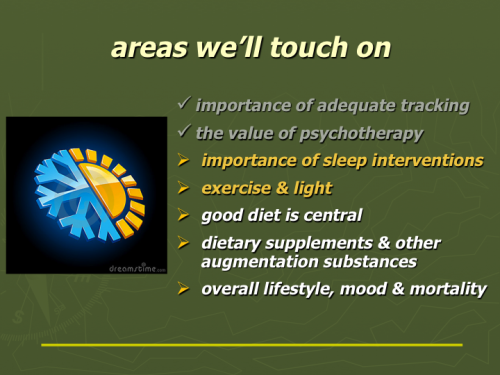Sleep apnea - how does it affect psychological health?
Last updated on 29th April 2016
I have already written a first post "Sleep apnea - what is it, how common is it and how does it affect mortality & physical health?" which highlights that sleep apnea is a common, regularly unrecognised disorder, occurring in approaching 1 in 5 adults and that, particularly as it becomes more severe - probably approximately 1 in 10 sufferers (Li et al, 2015) - sleep apnea is linked with a wide range of serious diseases and with significantly increased death rates. In this second post, I'll look at the relevance of sleep apnea for psychiatric disorders.

